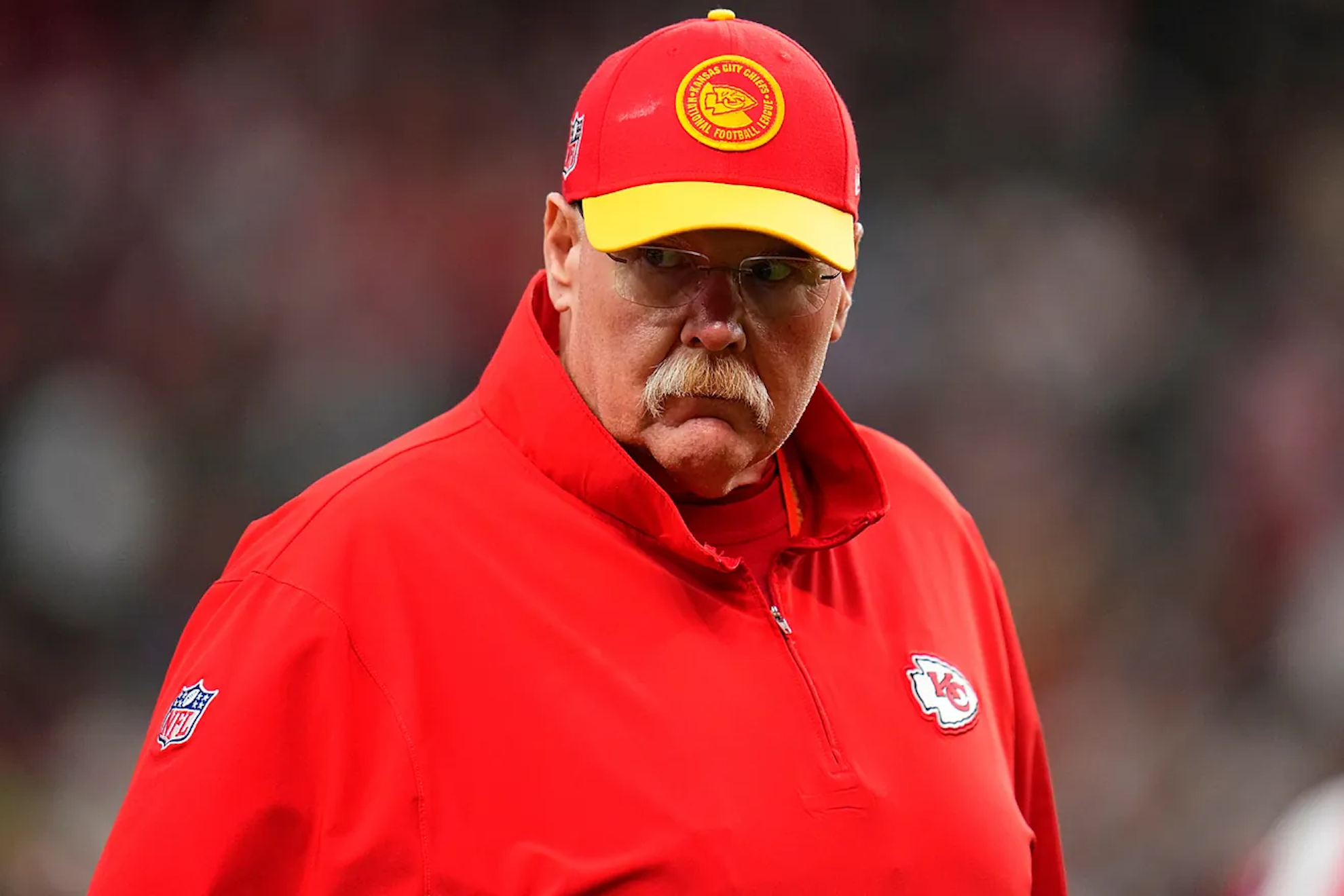The act of kneeling during the national anthem has been a subject of intense debate in recent years, particularly in the context of sports and public demonstrations. The suggestion that athletes who kneel during the national anthem should lose their Olympic medals is a controversial stance that touches on themes of patriotism, free expression, and the role of athletes in political and social discourse.

The national anthem, “The Star-Spangled Banner,” is a symbol of national pride and unity. For many, standing during its performance is a matter of respect for the country and its values. The practice of kneeling during the anthem, popularized by NFL player Colin Kaepernick in 2016 as a protest against racial injustice and police brutality, has sparked widespread debate. Kaepernick’s gesture was intended to draw attention to systemic issues affecting marginalized communities, but it was met with both support and backlash. The call for athletes to lose their Olympic medals for similar acts of protest is an extension of this debate, raising questions about the limits of acceptable dissent and the consequences of political expression in sports.
Proponents of the idea that athletes should forfeit their medals for kneeling argue that such actions disrespect the national anthem and the values it represents. They view the act of kneeling as a direct affront to national pride and a betrayal of the honor associated with competing for one’s country on the global stage. From this perspective, medals are seen not only as personal achievements but also as symbols of national representation. Therefore, any action perceived as undermining the nation’s values could be considered grounds for stripping athletes of their accolades.
Advocates for this stance often emphasize the importance of maintaining a unified and respectful public image, particularly in international competitions like the Olympics. They argue that athletes who publicly protest during the anthem should face consequences to preserve the integrity and perceived patriotism of the event. By enforcing such measures, they believe that the Olympic Games can maintain their focus on celebrating athletic excellence and national pride without the distraction of political controversies.

On the other hand, critics of the notion that athletes should lose their medals for kneeling argue that such measures would infringe upon free expression and undermine the role of athletes as advocates for social change. They contend that sports and activism are not mutually exclusive, and that athletes, like all citizens, have the right to express their views, even if they are controversial. For many critics, the act of kneeling is a form of peaceful protest that brings attention to important social issues and contributes to meaningful dialogue and change.
Critics also argue that penalizing athletes for their expressions of dissent could set a dangerous precedent, discouraging other athletes from speaking out on issues they care about. The Olympic Games, they argue, should not be a platform for enforcing political conformity but rather a venue for celebrating diverse talents and perspectives. By respecting athletes’ rights to express their views, the Olympics can uphold its commitment to inclusivity and freedom of expression, even as it celebrates national achievements.
Furthermore, the debate over whether to penalize athletes for kneeling during the national anthem intersects with broader discussions about the role of protest in society. Historical examples demonstrate that many social and political changes have been driven by acts of civil disobedience and protest. Therefore, some argue that athletes’ actions, including kneeling during the anthem, should be viewed as part of a long tradition of using public platforms to advocate for justice and equality.

Ultimately, the question of whether athletes who kneel during the national anthem should lose their Olympic medals is emblematic of larger tensions between patriotism and free speech. While some view the act of kneeling as disrespectful and deserving of consequence, others see it as a legitimate expression of dissent and a powerful tool for social change. As this debate continues, it highlights the complex interplay between national symbols, individual rights, and the evolving role of athletes in public discourse.





